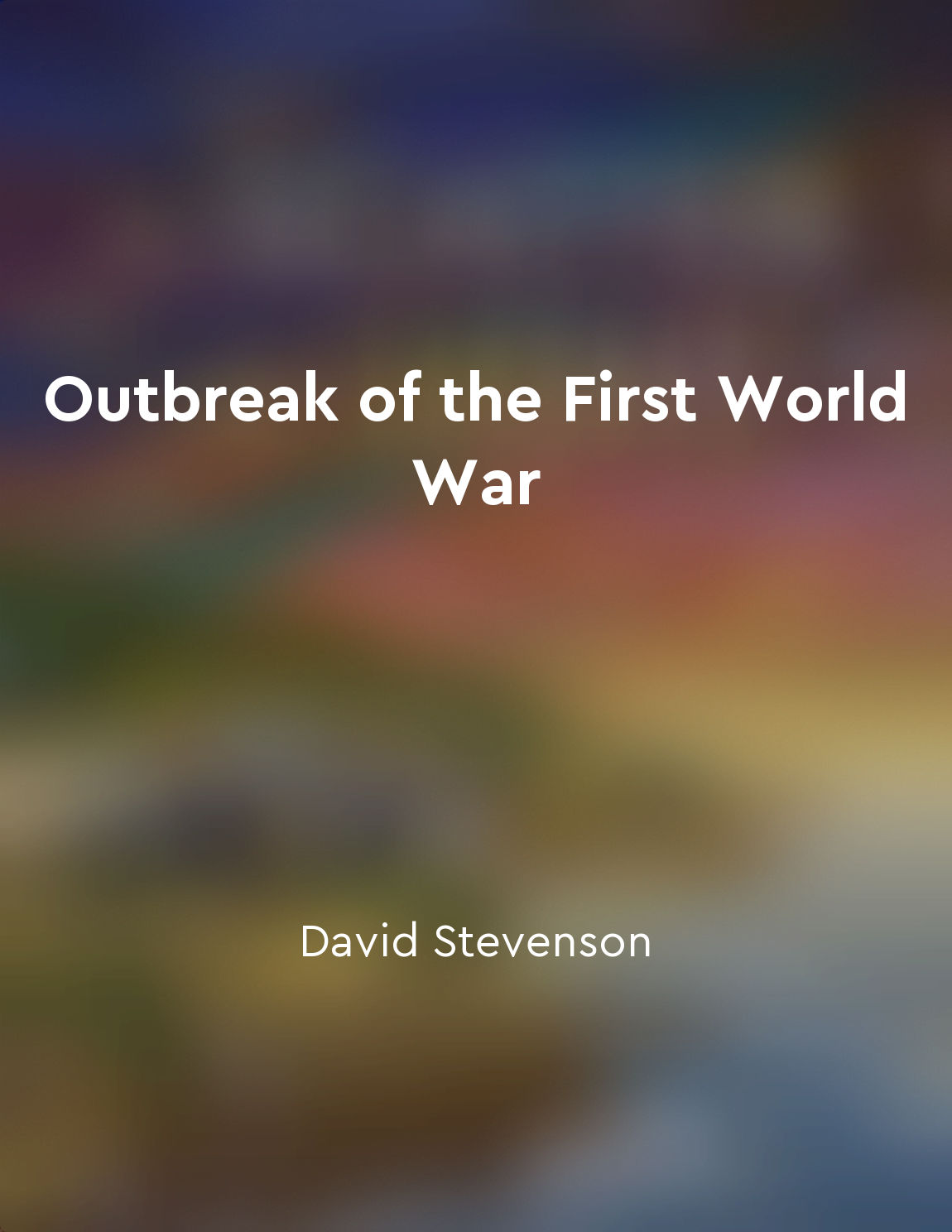World War I shattered European stability from "summary" of The Story of Mankind (Updated Edition) (Liveright Classics) by Hendrik Willem van Loon,John Merriman
The peace of Europe had been shattered by the outbreak of World War I. For centuries, the continent had enjoyed a relative stability, with the great powers maintaining a delicate balance of power. However, the assassination of Archduke Franz Ferdinand of Austria-Hungary in 1914 set off a chain of events that would ultimately lead to the largest and bloodiest conflict the world had ever seen. The war drew in the major European powers, with Germany, Austria-Hungary, and the Ottoman Empire forming the Central Powers, and France, Russia, and later the United Kingdom and Italy joining the Allies. The fighting raged across Europe, with millions of soldiers and civilians losing their lives in the trenches and on the battlefields. The war also brought about significant social and political changes in Europe. The old order was crumbling, as empires fell and new nations emerged. The Russian Revolution of 1917 overthrew the Tsarist regime and established a communist government, while the Aust...Similar Posts

Economic volatility often leads to conflict
Niall Ferguson argues that throughout history, economic volatility has been a key factor in leading to conflict. When economies...
The war left a lasting legacy on international relations
The Great War, as it was known at the time, indeed had a profound impact on international relations that continues to shape the...
The war tested the limits of human endurance
The Great War was a trial of endurance like no other. It pushed individuals to their physical and mental limits, demanding sacr...
The origins of the war lie in the fear of imperialism
The fear of imperialism was a significant factor leading to the outbreak of the war. The major powers of Europe were engaged in...

Assassination of Archduke Ferdinand
On June 28, 1914, Archduke Franz Ferdinand of Austria was assassinated in Sarajevo, the capital of Bosnia. The archduke, heir t...
Hitler's authoritarian rule stifled dissent and crushed opposition
Hitler's regime exerted tight control over every aspect of German society, leaving little room for dissent or opposition. The N...
The Renaissance sparked a renewed interest in art, science, and philosophy
The Renaissance was a time of great intellectual and artistic growth in Europe. It sparked a renewed interest in art, science, ...
